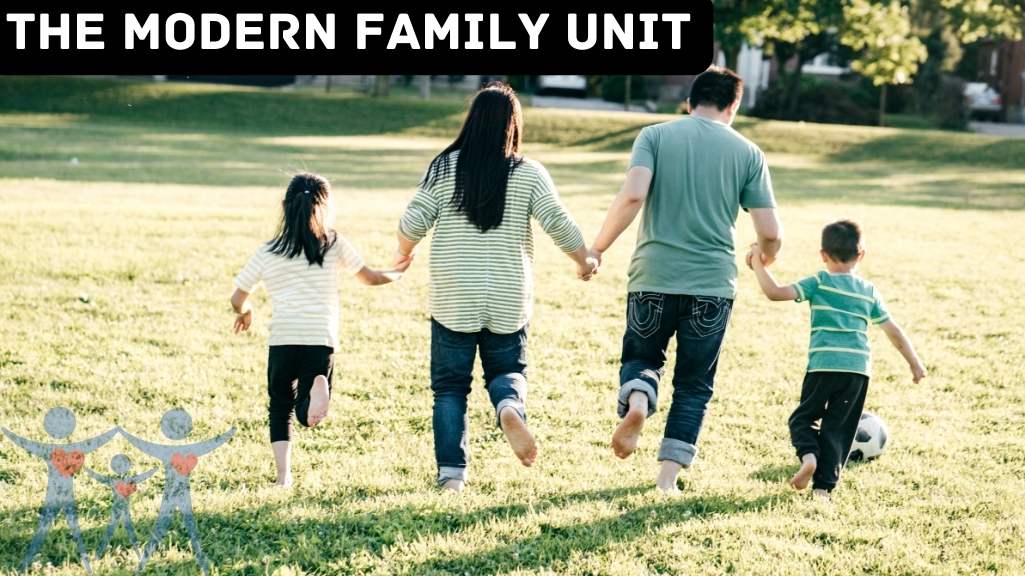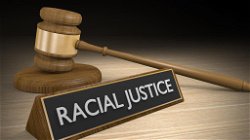Adapting to Changing Social Norms: The Evolution of the Modern Family Unit
Devin Barton
. 4 min read
The family unit is an integral part of society's ongoing transformation, and as such, it must adapt to keep up with changing social norms and expectations. In any given society, the function of the family is structured according to the overall changes that take place in all aspects of social life, including family life, which is not ignored. The current circumstances impose certain requirements, which must be satisfied in order to make progress with the times that are to come.

Education and Professional Standards Impacting the Modern Family Unit
In particular, it is important to emphasize the societal shifts that are associated with the expansion and improvement of educational and professional standards, as this will result in a greater overall impact on families and the roles they play in society. If you want to ensure that the parents are taking full responsibility for the education of their children, then you need to investigate the circumstances under which the family lives. The quantity of family members has a significant bearing on the quality of the standard of education provided to children as well as their rights.
The Complexities of the Modern Family: Re-Defining the Concept of Family
The dynamic of the modern family is fraught with complexities. There are even arguments that the family unit of today has undergone such an internal transformation or is so nebulous that continuing to use the term "family" is problematic not only from a terminological but also from a social perspective. It would appear that the concept of family has been gradually losing its significance and is now considered to be archaic. This raises the question of whether it would have been more appropriate to take a household as the basic unit, or whether it would have been better to adopt the notion of "cohabitation."
What exactly does it mean to have a modern family in this day and age?
A more precise definition of a family is required in order to acquire an understanding of the implications and problems that are associated with having a family. There are numerous perspectives, each of which offers a slightly different understanding of what constitutes a family. The traditional and the contemporary points of view are the two that are most commonly heard. According to common beliefs and old ways of thinking, a traditional family is a patriarchal institution that consists of a male father, a female mother, and children as the primary members of the family unit.
The Following are Some Examples of contemporary Family Problems
Divergent opinions regarding the efficacy of parenting. Teenage motherhood has traditionally been regarded as a "problem," not only by those responsible for formulating public policy but also by society as a whole. However, sociologists have investigated the factors that may lead to teenage pregnancy as well as the effects that these pregnancies actually have on members of society.
Communication problems can arise in relationships between adolescents and adults
Teenagers and adults in the family are currently dealing with a number of complex issues. A good number of them are concerned with the dynamics of relationships. Let's talk about each of these in turn, shall we?
Providing for the needs of the elderly
We may think of elderly people as being frail or as being dependent on the care of others when we consider them. However, sociologists have discovered that our understanding of people of retirement age may be overly simplistic. [Citation needed]
Distance
Whether it's for work or for emotional reasons, distance can put a significant burden on a family and put their relationship with one another under stress. When you have children, being separated from them, especially for an extended amount of time, can be difficult to manage through communication.
Issues Relating to Money
The topic of finances can be one of the most stressful aspects of any relationship. The strain of financial difficulties can exacerbate existing family tensions and lead to the formation of new ones.Money and the management of money are frequent topics of contention in families and are issues that need to be addressed.
Relationships of wedlock and the modern family
Marriage is no longer seen as an identity marker that establishes a precedence for a person to be a part of a family; rather, it is seen as a formality that excretes other social markers associated with status, class, and power. This is the case because marriage is no longer considered to be as important as it once was. It is indicative of steadiness and consistency to either be a member of a "married" family or to be a "married" individual. Therefore, it is not hard to understand why a large number of people get married in the hope of feeling like they belong somewhere and being accepted as a "normal" member of society, only to find out later that their marriage is anything but normal.
Conclusion
In an ideal world, the family fulfills multiple roles for the larger society. It assists in the socialization of children, offers members both practical and emotional support, controls the expression of sexual reproduction, and gives members a sense of social identity.The emphasis placed on the family in conflict theory may also result in the family producing multiple problems. In particular, it may be the case that it contributes to social inequality for a variety of reasons, and that it subjects its members to violent acts, arguments, and other forms of conflict.
More Stories from
Masroor Rock Cut Temple in Kangra, Himachal Pradesh: A Marvel of Ancient Architecture
Discover the fascinating world of the Masroor Rock Cut Temple, an architectural gem carved into the sandstone cliffs of Kangra, Himachal Pradesh.
Architecture Engineering: Shaping the Built Environment
Discover the core principles, educational requirements, and responsibilities of architecture engineers, as well as the trends shaping the future of the profession.
The Enchanting Rhododendron: Himachal Pradesh's State Flower
Discover the captivating Rhododendron, the state flower of Himachal Pradesh, India. This vibrant evergreen shrub, native to the Himalayas, paints the landscape with breathtaking colors each spring.
Exploring the Uncharted: Speculative Insights into the World Beyond 2021
This article provides a brief overview of potential geopolitical shifts, technological advancements, environmental concerns, health challenges, economic developments.
Racial Justice and Inclusivity: Promoting Equality in Society
Explore the vital journey towards racial justice and inclusivity as we uncover the challenges faced by marginalized communities and the transformative power of inclusivity.











.png?width=40&aspect_ratio=1:1)

.png?width=40&aspect_ratio=1:1)